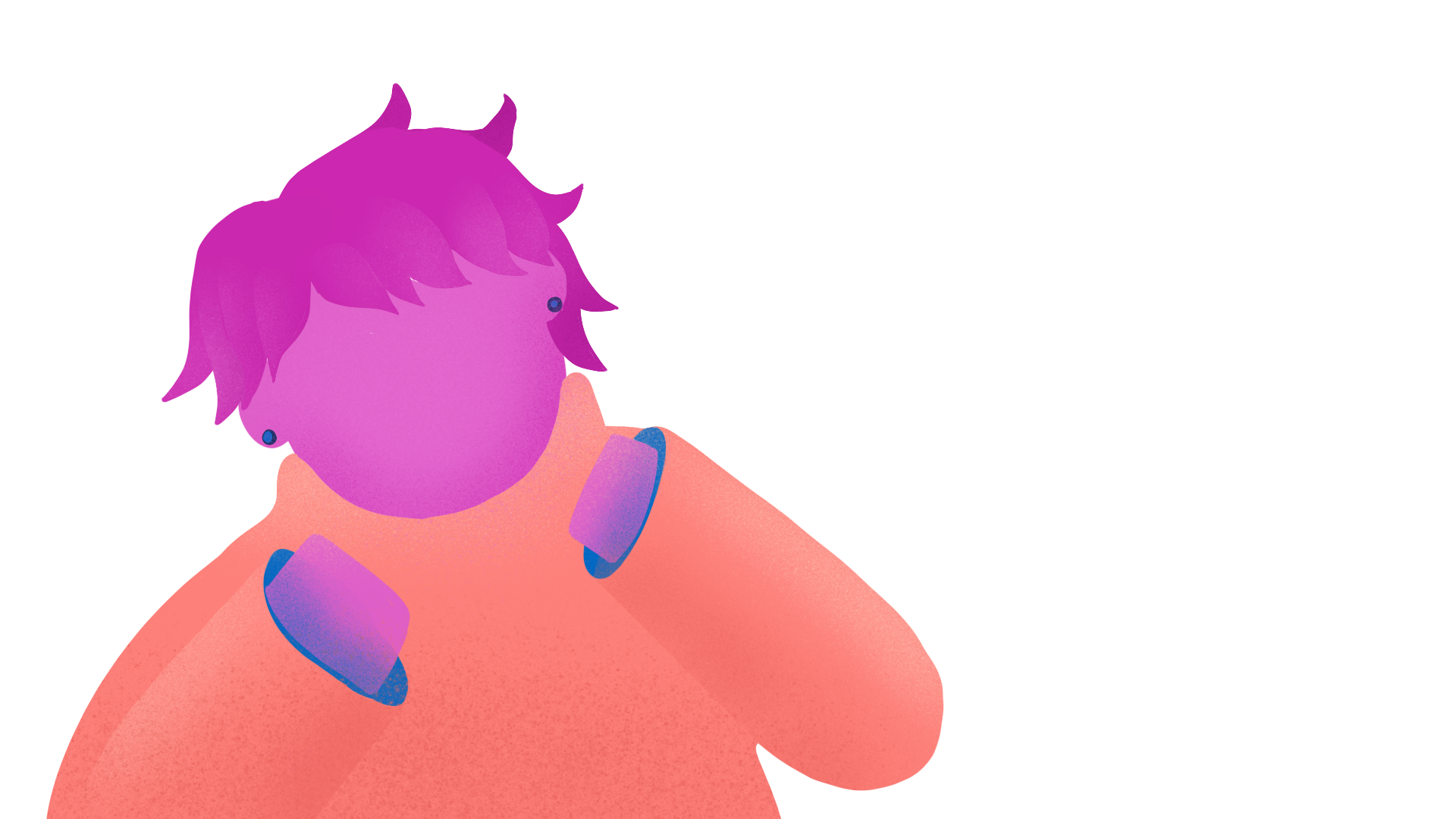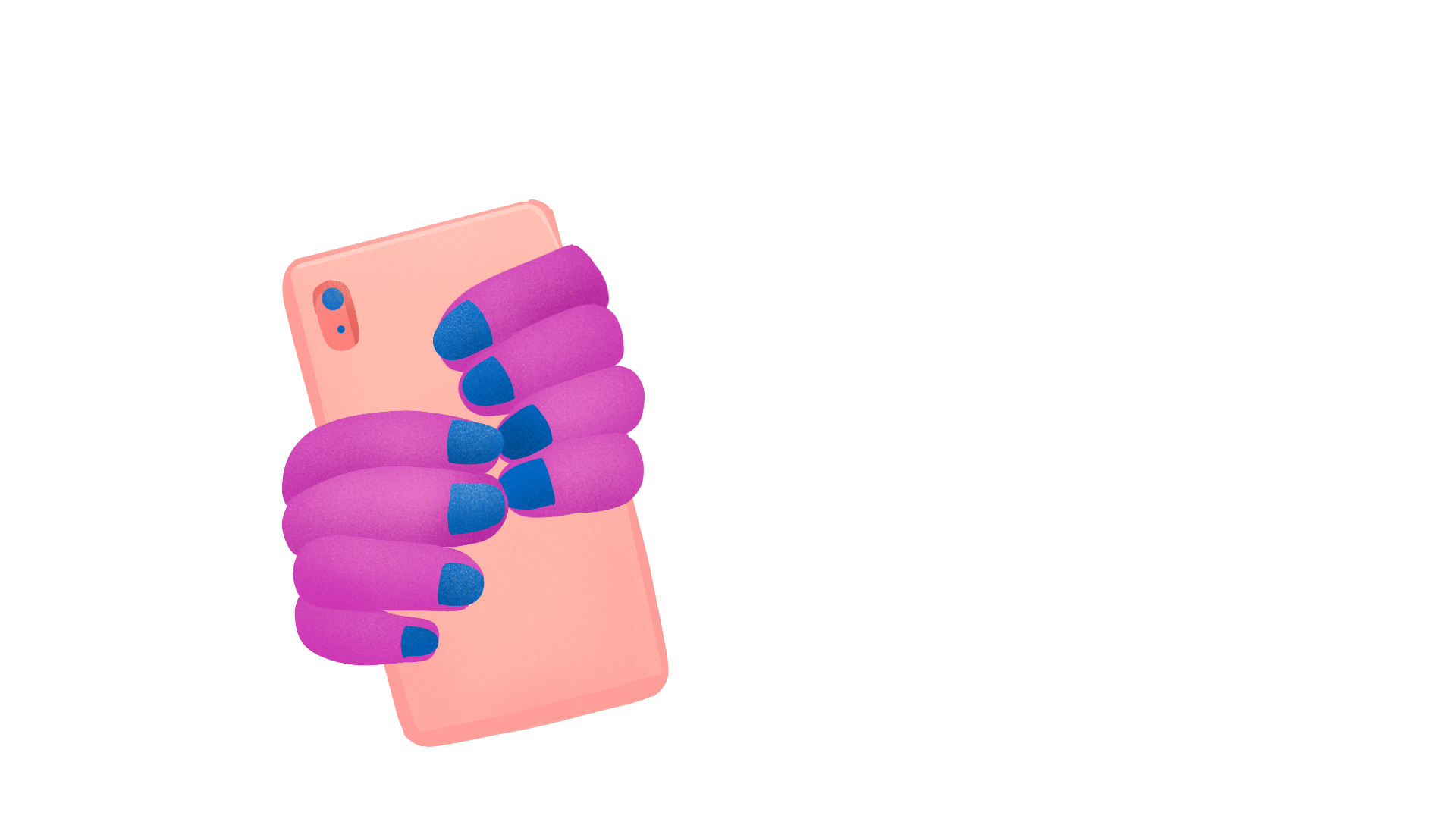Data Relationship
See the whole me
We've heard this from LQBTQIA+ people, Young people, and people with a named condition.
People might be part of several communities that intersect to give them a unique set of experiences that influence the care they want and need. They want to be understood holistically, be treated without judgment, and receive tailored support. They would like to be taken care of by a support network that can include AI, specialists, and peers that share their experiences.
People with this data relationship said
We often want a more holistic approach to our health, being acknowledged as a whole person rather than treated only for specific conditions.
We worry that our data will be inaccurate, used out of context or misunderstood. We want authorship over our own healthcare information.
We want our data to be used by specialists - whether in a sensitive topic or simply in avoiding bias.
Many young people don't feel understood by doctors and we would rather interact with online communities, or even an AI.
So what can we do?
Designing for people with this relationship might mean pooling data from multiple sources to offer more holistic views of people, inputting data alongside a health worker who listens to your story and training doctors in the effective use of data. There may also be opportunities to build data-enabled support networks, or to encourage sharing of sensitive data such as sexual or mental health data if patients can chat with an AI, or if opportunities are provided to speak with a specialist.



